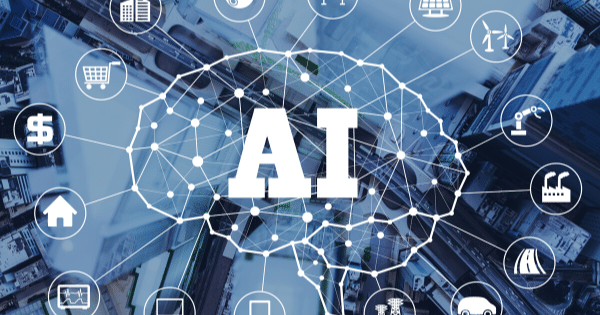
Separating Substance from Sizzle in Agentic AI
Agentic AI has emerged as the latest buzzword, promising revolutionary changes in enterprise applications. However, our research reveals a stark contrast between genuine innovation and marketing hype. This paper challenges the notion that agentic AI is the panacea vendors claim to be, offering technical leaders a critical lens to evaluate these technologies and make informed decisions that drive business value.






